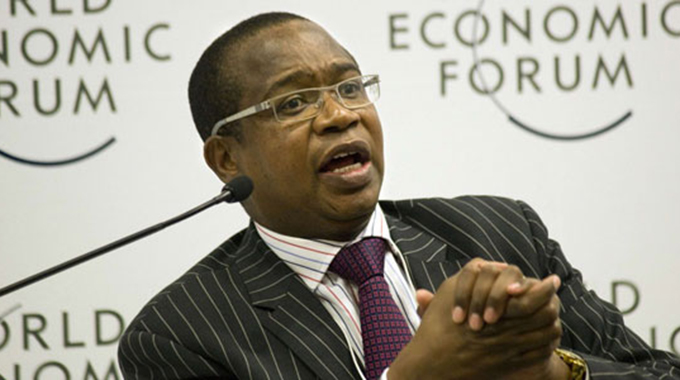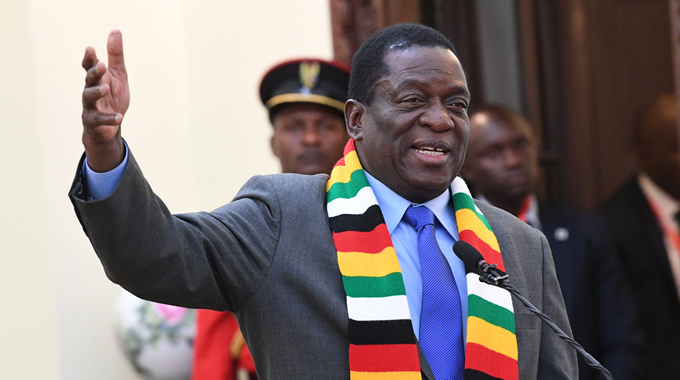Zim mulls more one-stop border posts

Africa Moyo Senior Business Reporter
GOVERNMENT will be setting up more one-stop border posts to ease the movement of people and goods across borders in a bid to generate more revenue. This was said by Finance and Economic Development Minister Professor Mthuli Ncube yesterday while addressing world leaders and investors at the World Investment Forum session in Geneva, Switzerland, on “Promoting Foreign Investment to Landlocked Developing Countries (LLDCS)”.
Prof Ncube said instead of worrying about being landlocked, Zimbabwe was now employing strategies to make the country “more land-linked and attractive to investment”.
He said the country’s economic blueprints, including the Transitional Stabilisation Programme (TSP), have principally reflected the fundamental priorities identified in the Vienna Programme of Action (VPoA) for Landlocked Developing Countries for the Decade 2014-2024.
“Here I am specifically referring to the issues of transit policy, infrastructure development and maintenance, international trade and trade facilitation, regional integration, cooperation and structural economic transformation,” said Prof Ncube.
“Zimbabwe is located at a very strategic position as a transit country within the Southern Africa sub-region (and) in recognition of this, the country has harmonised transit policies in compliance with the Comesa and SADC protocols on transit trade, transit facilities, and third-party motor vehicle insurance schemes.
“Aside from that, Zimbabwe is also establishing one-stop border posts to facilitate smooth transit of both people and goods across the country’s borders.”
Prof Ncube said the Chirundu One-Stop Border Post, which is already functional after being launched in 2009, has induced between $2,2 million and $3,1 million of Zimbabwe’s annual exports to Zambia.
Under the one-stop border post arrangement, one office houses immigration officials from both countries, which reduces the amount of time spent at the border post.
Prof Ncube said as part of improving infrastructure, the country is in the process of upgrading and modernising its road infrastructure along major trade corridors that serve East and Southern Africa, linking the North-South transport corridor.
He said for the road projects already completed, a Costs-Time-Distance study has shown that the average speed of heavy trucks has increased from 33km/hr prior to the rehabilitation exercise to 48km/hr.
“This does not only reduce transit time and costs, but also improves competitiveness,” said Prof Ncube.
In the energy sector, the country has taken the initiative to promote the use of renewable energy in the form of solar generators, apart from the expansion of the current thermal and hydroelectric generation capacity.
Just over two weeks ago, the country was generating adequate electricity and did not import for a week, saving the much-needed foreign currency.
The increase in power generation comes after the expansion of Kariba South Hydro Power Station whic added 300MW to the grid. This has seen installed capacity rising to 1 050MW.
Hwange Thermal Power Station is also being expanded and an additional 600MW would be fed into the grid in the next 42 months when the expansion is completed.
Prof Ncube said Zimbabwe has undertaken a number of reforms to promote and facilitate investment.
The country has signed 35 Bilateral Investment Treaties (BITs) and of these, 10 are already in force.
Some of the measures being implemented under this process include the establishment of the Zimbabwe Investment and Development Authority (ZIDA), a one-stop investment services centre, and the promulgation of a Special Economic Zones (SEZ) law which designates areas for the purpose.








Comments